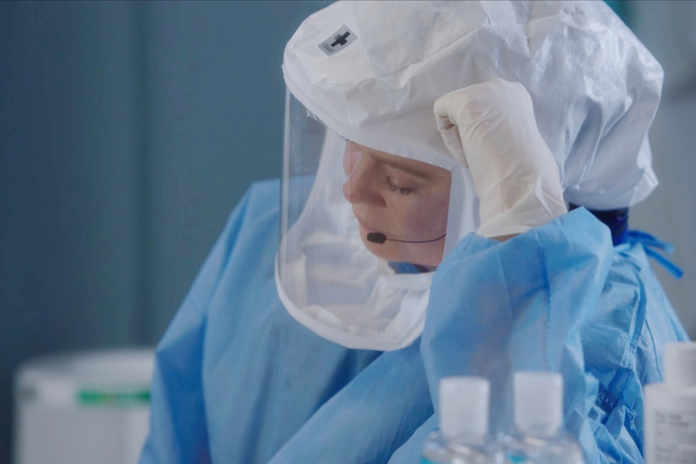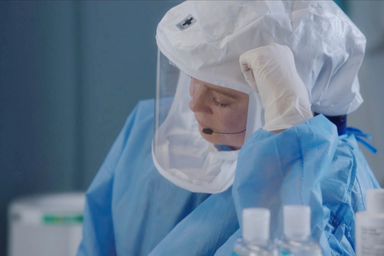Japan is experiencing its 5th big wave of COVID-19 cases.
Big cities including Tokyo are under their 4th declaration of ‘The State of Emergency’ (緊急事態宣言). Many people are now numb to the rising numbers and state of emergency declarations, and the streets, restaurants, and shops are full of people enjoying their summer vacations.
On the other hand, the situation in big cities’ health care settings is at its very worst since the pandemic has started last year.
circumstances of the japanese medical field
Japan’s health care workers’ working conditions are one of the worst among all developed countries. Even before the great pandemic, they have been working very long hours with minimum pay. This is very hard to believe considering that a doctor is seen as one of the highest-paying professions in many countries.
The roots of this problem can be seen in Japan’s health insurance system. Our country has universal health coverage, meaning all citizens are eligible for the insurance, and the patients themselves pay very little for the high-quality medical care they receive. However, Japan’s finance has been continuously declining, therefore the country is not paying its workers enough.
And now, with the prolonged pandemic, medical workers are treating patients with great sacrifice to their own wellbeing. Japan has very little medical resources due to the country’s borders, yet now they are expected to deal with the huge pandemic single-handedly.
covid-19 trends
COVID-19 has an incubation period of 1~14 days. Many patients see symptoms around their 5th day from their infection. Main initial symptoms include:
fever, sore throat, coughs, loss of taste or smell, etc.
20% of patients require oxygenation 7 days after they are infected. 5% of infected patients develop severe symptoms in which they require a ventilator or treatment at the ICU.
Long-term effects of coronavirus disease are not rare. The symptoms one might experience include:
loss of taste or smell, difficulty breathing, fatigue, cough, depression or anxiety, memory or concentration problems, etc.
The difficulty of dealing with this new disease is that its symptoms are so unpredictable. A patient who barely needed oxygenation could require artificial respiration within a matter of minutes. Rapid and flexible correspondence is needed to save a COVID-19 patient.
is a medical collapse already happening?
Tokyo has about 6000 beds registered for Covid patients. About 3400 within the 6000 are not eligible for use due to labor shortage etc. Meanwhile, there are about 10,000 patients whose hospitalization is currently in coordination (Aug. 5th).
This is one of the reasons why hospitals are unable to admit recently infected patients with severe to mild symptoms.
https://www.japantimes.co.jp/news/2021/08/03/national/japan-recuperate-home-coronavirus/
Japan’s new policy asking Covid patients with less serious symptoms to isolate themselves at home rather than being hospitalized, has stirred much controversy. However, given the current health care system’s circumstances, there is not much space for discussion.
As a consequence, we are seeing several patients pass away in their homes without receiving appropriate treatment.
Sadly, it is safe to say that the number of such deaths will continue to increase.
Therefore, the possibility of a patient being admitted to a hospital right now is close to zero.
A medical worker expresses the situation right now as ‘wartime‘.
Although we see the cases rise, not many of us are actually aware of the deadly situation in the hospitals. The health care system in Japan, especially in big cities, is on the verge of breaking down.
Medical workers are putting their lives on the line to treat patients, yet so many lives are being lost that could have been saved with appropriate treatment.
After a year and a half since the breakout of this virus, Tokyo’s health care system is at its most pressing crisis. It is normal to feel exhausted with all the restrictions, but it is important that right now, we act responsibly to protect ourselves, our families, and those we love and care for.
(reference links:
https://www.cdc.gov/coronavirus/2019-ncov/symptoms-testing/symptoms.html


